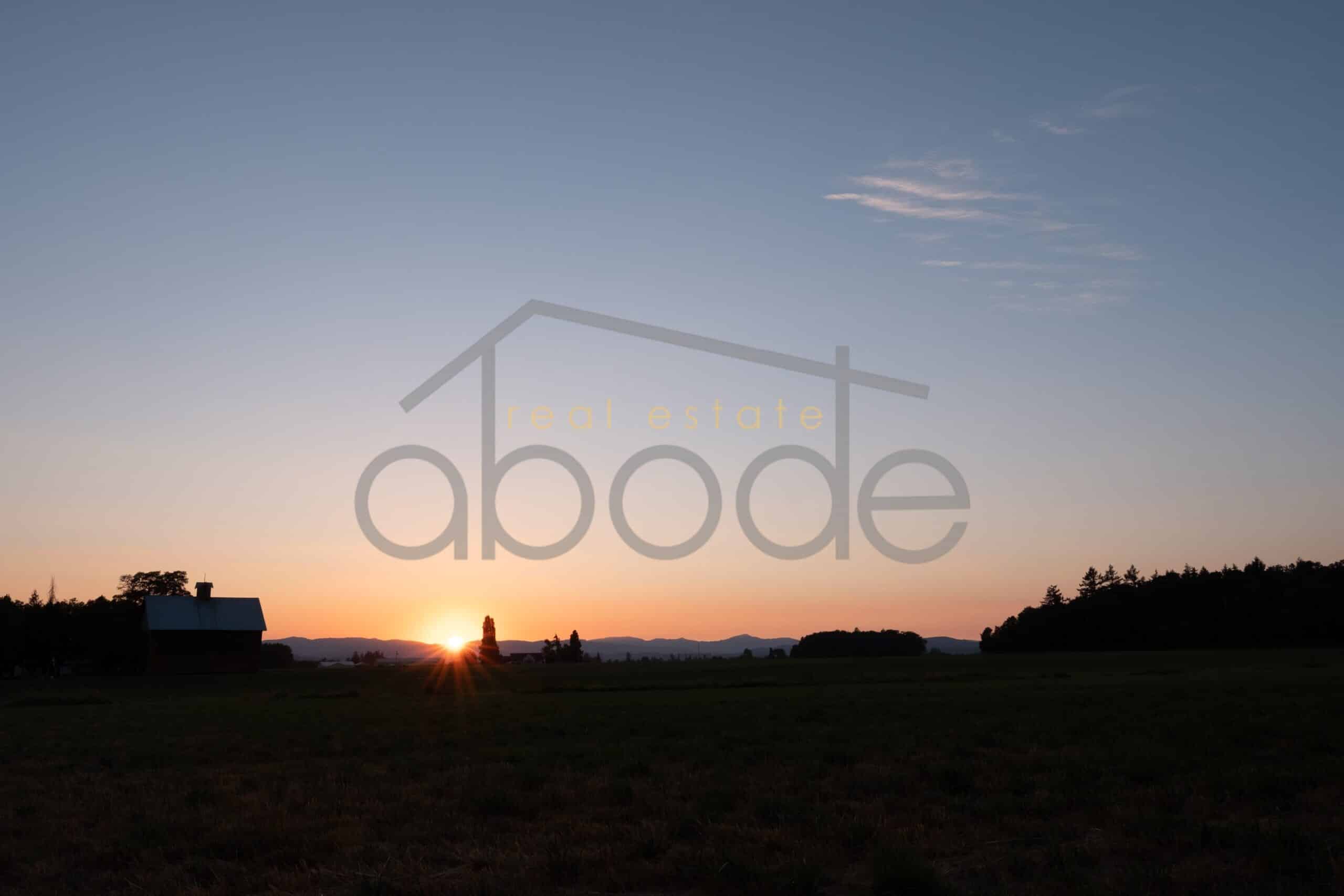Land Management Admin Project (LMAP) is an important land title program running under the Cambodian Government’s careful guidance and not, as some may think, ‘Laughing My Ass Perpendicular’!
Approved in 2002, its goal was to improve land security by setting up a system for registering land and issuing titles. It was led by the World Bank with the Ministry of Land Management, Urban Planning and Construction (MLMUPC) as the implementing agency.
The government hoped the LMAP would stimulate economic activity, reduce poverty, and enable better management of the environment. Its main aim was to improve land security by establishing a land registry system and issue property titles across Cambodia with a three-pronged approach:
- Develop national policies, a regulatory framework and land administration institutions
- Issue and register titles in urban and rural areas
- Establish an efficient and transparent land administration system
The project included the creation of the Cadastral Commission to deal with unregistered land (excluding properties with inheritance or contractual issues).
A title or ‘deed’ is a document confirming property ownership, its location and what rights the owner enjoys. Many properties remain unregistered with the Land Office on behalf of owners. Between 1975 and 1979, Cambodia land title records were destroyed making proof of ownership virtually impossible. A law passed in 1992 established the basis for land ownership. However, it wasn’t until a 2001 revision that allowed for private property ownership, which gave birth to a land registry system to enable the issuance of land titles in Cambodia.
The following Cambodia land title demonstrates ownership – hard, soft and ‘private ownership in co-owned buildings’ (strata) with LMAP also available. A frequently asked question is “Can foreigners own land or property in Cambodia?” The short answer is NO. The Cambodian Constitution prohibits foreigners from owning land and landed properties in the country. Nonetheless there are some ownership ‘mechanisms’ you may wish to explore.
LMAP titles are making land tenure in Cambodia more secure. These registered titles are based on official GPS coordinates and property borders agreed by neighbouring owners, making land ownership less prone to dispute.
LMAP (Land Management Admin Project) land titles in brief:
- L-MAP titles recognised by MLMUPC and relevant cadastral offices
- The main difference between L-MAP and Hard titles are the use of GPS coordinates to signify property boundaries.
- L-MAP titles only apply to land indexed on a cadastral map. It is possible to own a Hard Title without an L-MAP title
- Owners need only follow local authority instructions when MLMUPC undertakes L-MAP work (it is the ministry’s obligation to communicate with landowners)
- A 4% Transfer tax is levied on the total property value upon completion of the L-MAP title transfer
- Foreign nationals cannot own L-MAP titles
LMAP in 2022
Today, the LMAP is considered the safest and most transparent of titles in Cambodia because of two reasons a) property coordinates are locked into a universal GPS system and b) any and all disputes are resolved before a new title is issued by the MLMUPC.
The application process usually takes around 12 weeks to complete. Property owners must present all relevant documentation that proves ownership of the property to the cadastral office for the MLMUPC to assess the validity of the documents.
Property owners are not required to pay a service fee for LMAP, since the MLMUPC is responsible for implementing and issuing this title for the citizens of Cambodia. However, following the granting of an LMAP, the owner must commence and continue to pay an annual 4% land tax on the property until it is sold.





